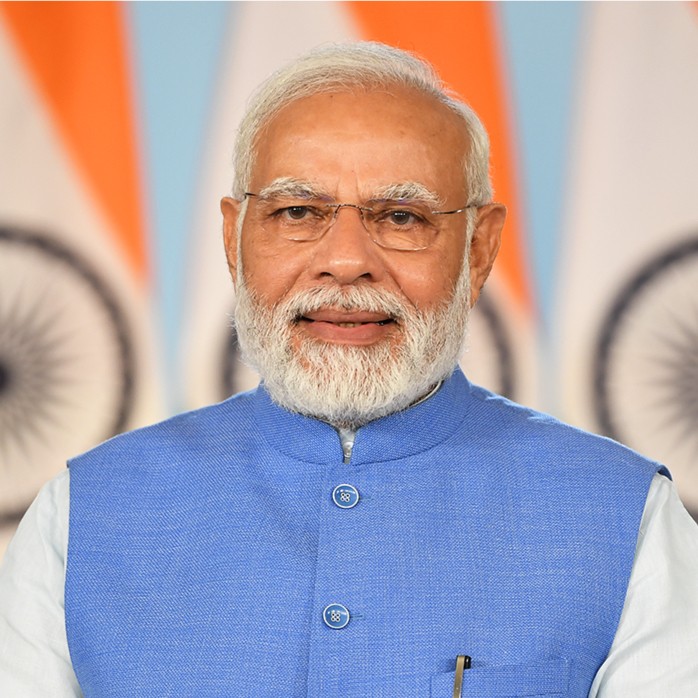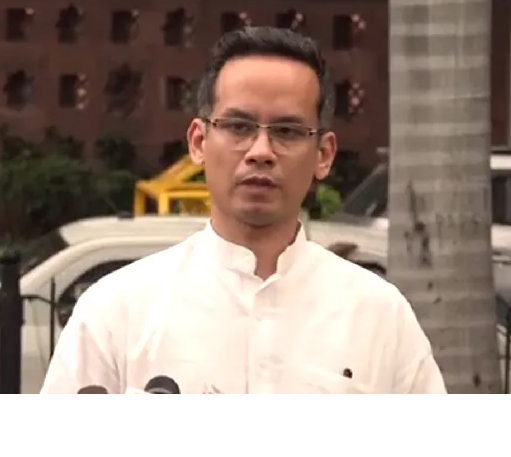As promised, the Modi Government is out with a White Paper on the fiscal mismanagement in the UPA era, labelling it a “lost decade”
 KRC TIMES National Bureau
KRC TIMES National Bureau

As promised, the Modi Government is out with a White Paper on the fiscal mismanagement in the UPA era, labelling it a “lost decade”. It points to various policy lapses, including economic imprudence, red tape and sluggish reforms, which purportedly stunted economic growth and left a legacy of unresolved structural challenges. With statistical analyses and historical comparisons, the paper paints a picture of the contrast between the perceived stagnation under the UPA rule and the strides made under the current administration. Indeed, the incumbent Government has done well on many counts. The Modi Government’s economic achievements include significant reforms such as the implementation of GST, initiatives to improve ease of doing business, and financial inclusion programmes like Jan Dhan Yojana and Pradhan Mantri Mudra Yojana. Infrastructure development schemes like Bharatmala and Sagarmala, along with digital initiatives under Digital India, have aimed to modernise and connect the nation. Efforts to attract foreign investment, promote startups and focus on rural development through schemes like PMAY and PMKSY have also been notable. These measures collectively reflect the Government’s commitment to fostering inclusive economic growth, innovation and development, although challenges such as unemployment and agrarian distress persist.
However, the Opposition Congress swiftly responded with a ‘black paper’, countering the Government’s claims and highlighting what it deems as the failures of the incumbent regime. The ‘black paper’ accuses the Government of exacerbating economic inequalities, neglecting social welfare programmes and presiding over a period of economic downturn characterised by job losses, agrarian distress and inflationary pressures. It seeks to challenge the narrative of economic prosperity propagated by the ruling party, emphasising instead the lived hardships of ordinary citizens. Indeed, economic distress has been palpable across various segments of society during the Modi regime. While the Government touts ambitious initiatives such as ‘Make in India’ and ‘Digital India’, the ground reality for many remains one of job scarcity, underemployment and wage stagnation. The agrarian sector, often hailed as the backbone of the Indian economy, continues to face challenges ranging from being rain-dependent to mounting debt burdens, driving many farmers to despair and destitution. Despite the Government stimulus packages, the impact of the recent pandemic lingers, with many struggling to rebuild their livelihoods. This being an election year, such allegations and counter-allegations were expected and, in fact, would become more scathing in the coming weeks. The sad part is that each side would amplify the other’s follies while overstating one’s achievements. In this cacophony, it is imperative for policymakers to listen to people’s concerns, address their grievances and chart a path towards inclusive and sustainable development. Meanwhile, the voters are well advised to use their discretion.
Promotional | NE India Writing Star Contest







